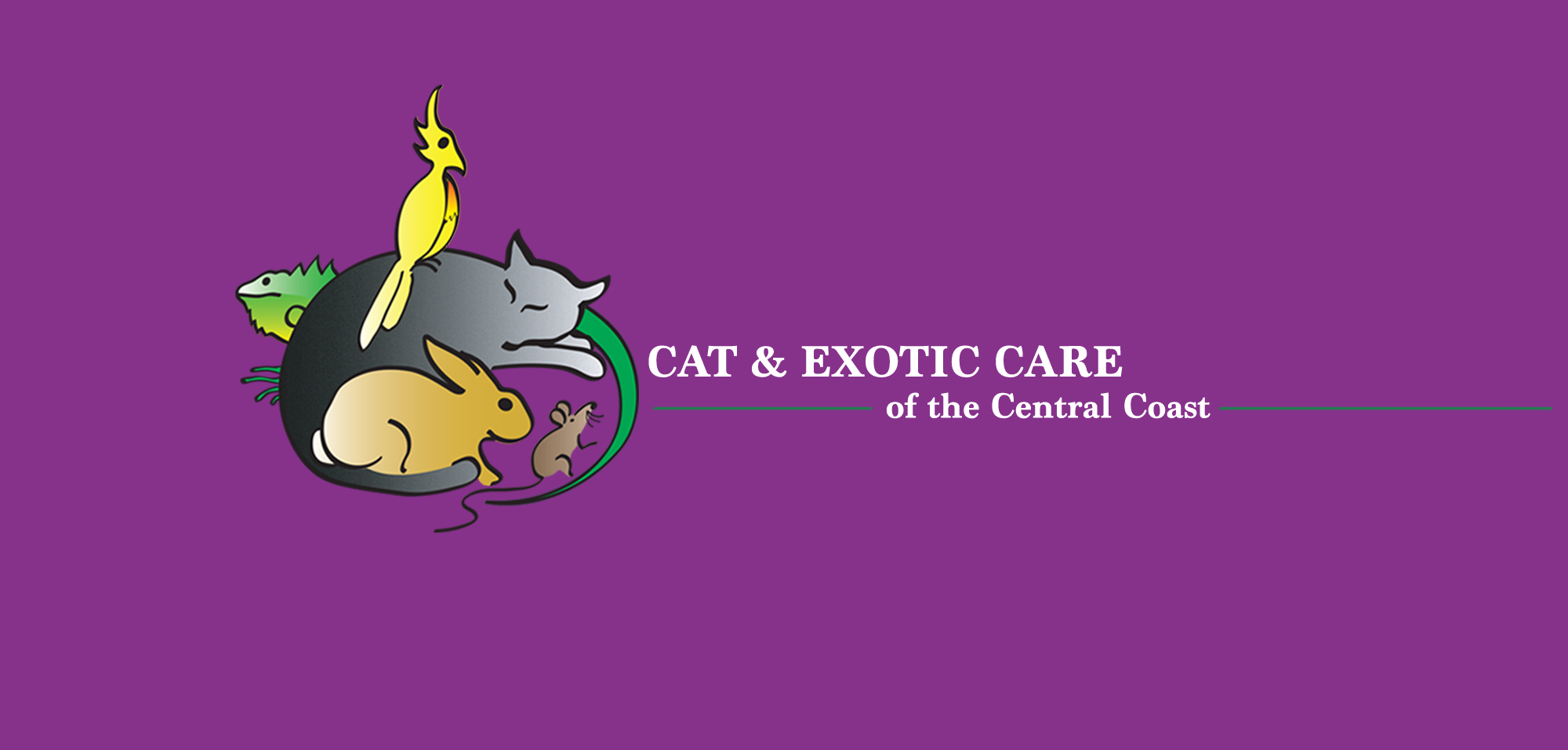QUESTION:
I have two baby red eared slider turtles. I have them in a 10 gallon tank, but realize that they need more space. What is the ideal tank size?
ANSWER:
The short answer is- the bigger the better. A pond would be great! Red eared sliders are very messy and require a lot of space and regular tank maintenance. Even the babies should ideally be kept in a 30 gallon aquarium at a minimum. The water depth should be at least 1.5 to 2 times your turtle’s total shell length plus several extra inches of air space between the surface of the water and the top edge of the tank to prevent escapes. These turtles grow relatively quickly and, when fully grown, are about the size of a dinner plate.
Planning ahead with a sufficient sized aquarium is important. Overcrowding leads to poor tank hygiene, stress, and eventually an assortment of illnesses. Proper water filtering systems are necessary to keep the water reasonably fresh between the weekly water changes. Feeding your turtle(s) in a separate tank or plastic container may also help to keep the water cleaner between changes.
Habitat size is significant to the health of many other species of reptiles, birds, and small mammals and is one of the aspects of general care that is often not well planned. A cute 1-2oz sulcata tortoise will not do well in any size indoor enclosure when it is a full grown 150 lb adult! The same goes for that cute baby giant snake (i.e., anaconda) or baby monitor lizard. Parrots are also all too often housed in cages that are too small. We frequently see obesity (from lack of exercise), wing damage and behavioral problems as a result. As always, research your new pet and come up with an appropriate habitat before you purchase. Talk to your experienced exotic animal vet for additional ideas on care. In some cases, once you realize what it will take to keep your exotic pet happy and healthy, you may have second thoughts about your choice of pet. Proper care of an exotic pet often involves a significant time and money investment.
If you have a veterinary question that you would like to propose for an upcoming edition, please send it to email@catandexoticcare.com with “ask the vet” in the subject line.
Max Conn, DVM is the owner of Cat & Exotic Care of the CentralCoast, a full service veterinary hospital dedicated to the special needs of cats, birds, reptiles and small mammals. Cat & Exotic Care is located in PismoCoastPlaza, 565 Five Cities Drive, 805-773-0228. More information can be found at www.catandexoticcare.com.
Disclaimer: The informational handouts and website links above are for informational purposes only, they are not intended to replace veterinary care.
